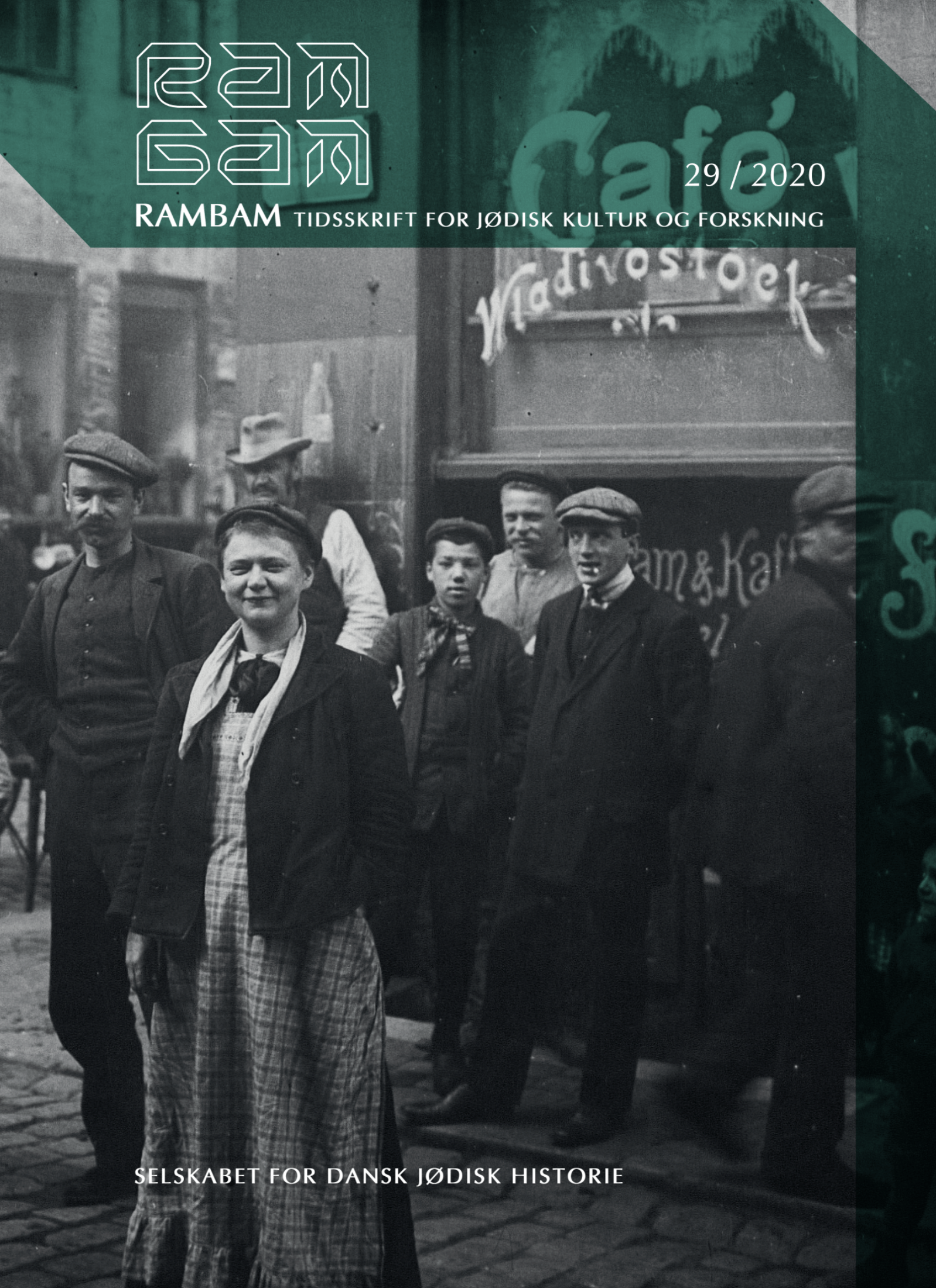PM - en standhaftig frihedskæmper
Resumé
I have known Poul Meyer (PM) from my childhood, but only recently have I tried to understand who he was and how his life influenced not only me, but many other people as well. Not many people know his life story – so through this article, I have tried to shed some light on certain periods of his life. He was born in Copenhagen in 1916 to a Jewish father and a non-Jewish mother. At a very young age, he converted to Judaism and saw himself as a spokesman for the Jewish Religion. His “career” in that field started with a lecture to his class in third grade. PM was awarded his Law degree (cand.jur.) from Copenhagen University in 1941, and he was employed by the Ministry of Agriculture – with an interruption in the years 1943-45 when he was in Sweden; in 1959 he was appointed Professor of Political Science at Aarhus University as one of the founding members of the Faculty. From his early youth, PM was politically active – first in the Conservative Youth Movement; during the occupation as co-founder and editor of the illegal magazine Hjemmefronten; and in the years 1945-1948 as a member of the “South Schleswig Committee of 5 May 1945”. After his death in 1990, some of his former pupils took the initiative to print three chapters from his large private archives. The book was named Nederlag (Defeat) and addresses three important periods in PM’s life. PM himself writes that these three chapters relate to the three important political campaigns in which he was involved; all three of which he lost. Unfortunately his archives perished, but through his son, Aksel, I have been able to review some manuscripts which have been the basis for my article, together with the book Nederlag. The idea to write this article came when I interviewed the youngest son of Bishop Hans Fuglsang-Damgaard about his father’s activities during the Second World War. During the interview he mentioned that from time to time, people were hidden in the Bishop’s house – freedom fighters, as well as Jews who had to flee to Sweden. In this context, he mentioned the name Poul Meyer, without knowing that PM had been part of my life. That was the moment when I said to myself that I want to tell the story of a man who was involved in the very nationalistic Conservative party, had been photographed together with Mussolini, and strongly believed that South Schleswig should again become a part of Denmark.





